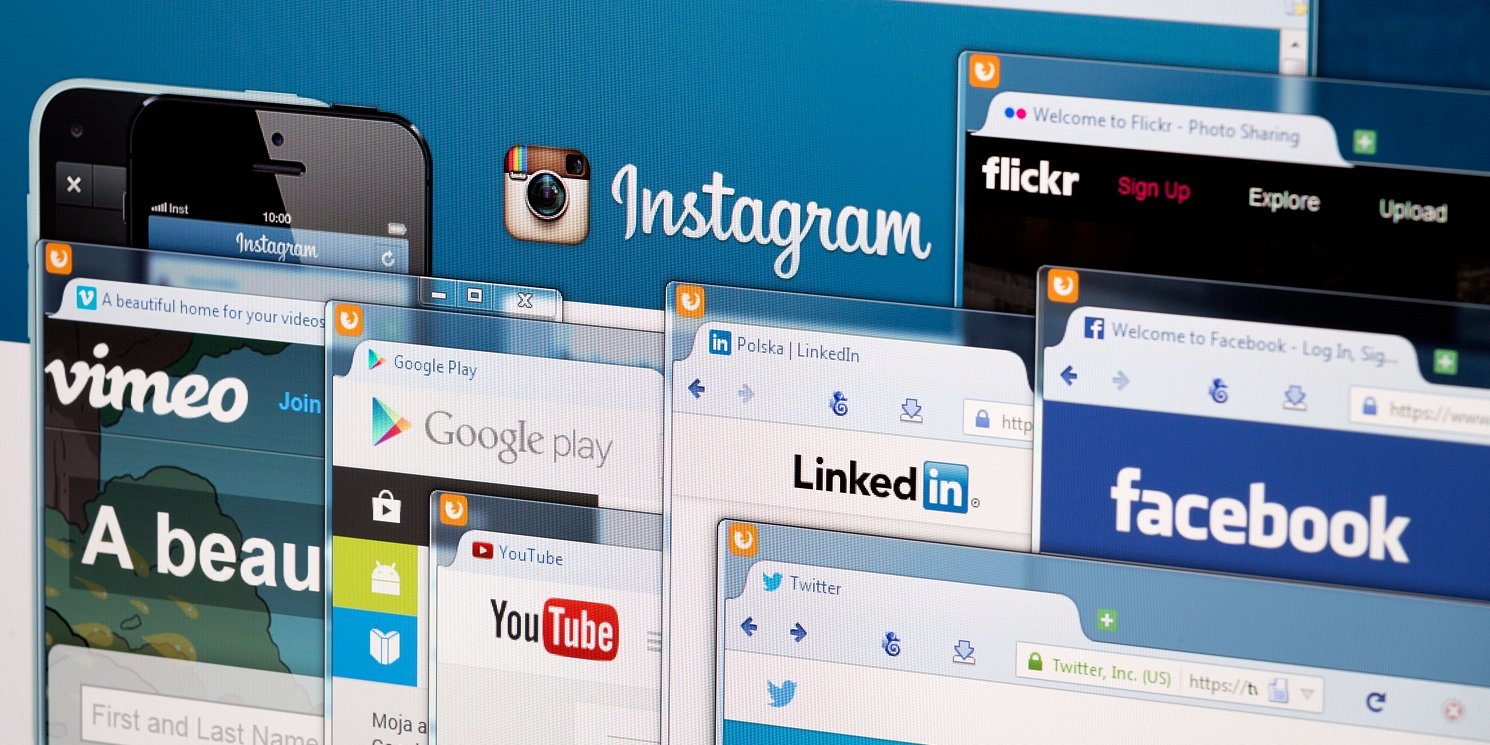How does social media employment screening help employers and how may it hinder them? Myhrtoolkit Senior Marketing Executive, Camille Brouard explores the pros and cons of social media screening for recruitment and staff monitoring.
Social media has become an inescapable part of modern life – most people are on social platforms, including your employees. Many profiles are kept publicly available too, so people’s posts can have far-reaching and sometimes unexpected consequences. This is especially true when it comes to employers disciplining employees for their social media activities, or choosing not to hire a potential job candidate due to an off-putting post while performing social media background checks.
Social media screening has become the norm in recruitment and staff monitoring – but is it always a good move, or can there be unexpected consequences for employers too? Is social media screening always ethical to do? Let’s look at the pros and cons of using social media screening for employment/recruitment and monitoring to see how this strategy can help and not hinder businesses.
Social media screening for recruitment

Nowadays, it’s common for businesses to use pre-employment social media screening, checking on candidates’ social profiles as part of the pre-employment background screening process to see what their digital footprint is like. According to a survey from CareerBuilder conducted in 2017, 70% of employers reported using social media to screen job candidates.
The pros
In some cases, the information employers find on job candidates’ social media profiles through social media background screening can be a genuine cause for alarm, which helps make the case for employers screening social media in general. There are grey areas, but sometimes employers find concerning posts directly related to the candidate’s career skills or job history.
According to CareerBuilder’s survey, some the most common reasons that deterred an employer from hiring a potential candidate included:
- Posting discriminatory comments related to race, gender or religion.
- Posting negative comments about their previous employer or a colleague.
- Posts showing they had lied about their qualifications.
- Posts sharing confidential information from previous employers.
Now, some of these reasons aren’t directly related to the job – though they could potentially pose issues within the workplace too, for example if discriminatory viewpoints were to become evident at work. However, others are clear red flags related to the candidate’s ability to do the job and operate responsibly within a working environment. For instance, the sharing of confidential information is highly concerning, as a GDPR data breach could cost a business dearly both in terms of finances and reputation.
The cons
Social media only tells part of a person’s story – taking a harsh approach to social media screening for employment could limit your hiring pool, as so many people are on social media now; you may be losing out on a fantastic new employee because they had a bad day and complained about a colleague on Twitter or shared an opinion you don’t agree with. As many SMEs are already struggling to attract qualified candidates, this may cause further headaches for the hiring process.
Issues of diversity and discrimination may also come into play through social media employment screening for job candidates. As Ethan Schrieberg writes on HR Toolbox, “social media profiles often share the type of personal information that employers are barred from considering during the hiring process, including race, gender, colour or religion, among others.” So, if you’re using strategies to reduce recruitment bias – such as blind recruitment or structured interviews – then screening someone’s social media profiles may present a problem.
Related post: How to recruit talented employees who are trained and motivated
Social media screening for monitoring staff

Many employers also choose to monitor their employees’ activity on social media to protect their reputation. Nothing in law specifically prevents employers from doing so, though HR consultancy director Paul Holcroft advises that “you will need to demonstrate that their actions caused, or were likely to cause, significant damage to your organisation” if you were to take action based on something you found on an employee's social media.
The pros
Legal precedent shows that employers are indeed finding information on employees’ social media profiles that could be reputationally or financially damaging, demonstrating that monitoring can be worth the effort. For instance, in one case an employee was dismissed for social media misconduct after making derogatory comments about her employer on Facebook and the dismissal was subsequently found to be fair at tribunal.
Keeping an eye on employees’ social media profiles can help curb reputational risks for the company and brand, as well as security risks as a strategy for avoiding GDPR breaches if a staff member were to leak confidential data online. The trend is clearly in favour of social media screening and the business will be doing itself no favours if no form of monitoring is in place.
The cons
If employees realise you’re keeping a close eye on social profiles they're using outside of work, this may breed resentment and disengagement, as employees feel a lack of trust at play. Therefore, it’s important to communicate clearly why the business may need to monitor employees’ social profiles within a social media policy (for example, to monitor for the sharing of confidential information for GDPR purposes or comments online that could damage company reputation).
Plus, employers need to be aware of guidance from the Article 29 Working Party, an EU independent advisory body, that stresses the importance of finding a "balance between the legitimate interests of employers and the reasonable privacy expectations of employees" when it comes to social media screening. They challenge the assumption that employers automatically have the right to process publicly available information. The UK government will most likely be adopting the same approach despite Brexit, so it’s important to consider.
Making staff aware of your social media policy

Having a clear social media policy in place is important for clearly showing your expectations and processes around social media – making sure this policy is highly accessible and visible to staff is important too, especially when it comes to social media employment screening (you may want to have a specific social media screening policy).
We suggest having an online document management system in place to ensure that all your HR policies and other documents such as the company handbook are easy to find. By hosting the policy within an online system, you will also have evidence that employees have read and agreed to that policy.
Learn more about how myhrtoolkit can help your organisation with secure and effective document management.

Written by Camille Brouard
Camille is a Senior Marketing Executive for myhrtoolkit who writes on topics including HR technology, workplace culture, leave management, diversity, and mental health at work.


 Holiday Planner
Holiday Planner Absence Management
Absence Management Performance Management
Performance Management Staff Management
Staff Management Document Management
Document Management Reporting
Reporting Health and Safety Management
Health and Safety Management Task Management
Task Management Security Centre
Security Centre Self Service
Self Service Mobile
Mobile




